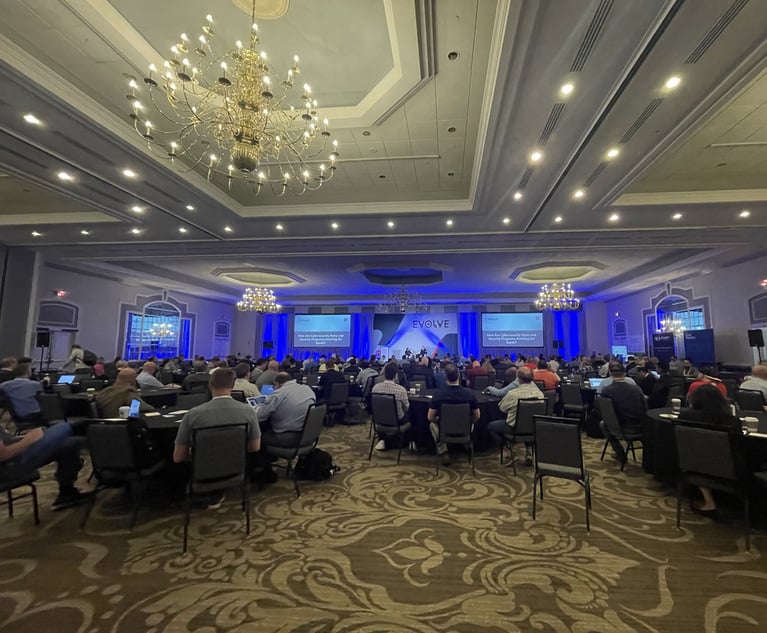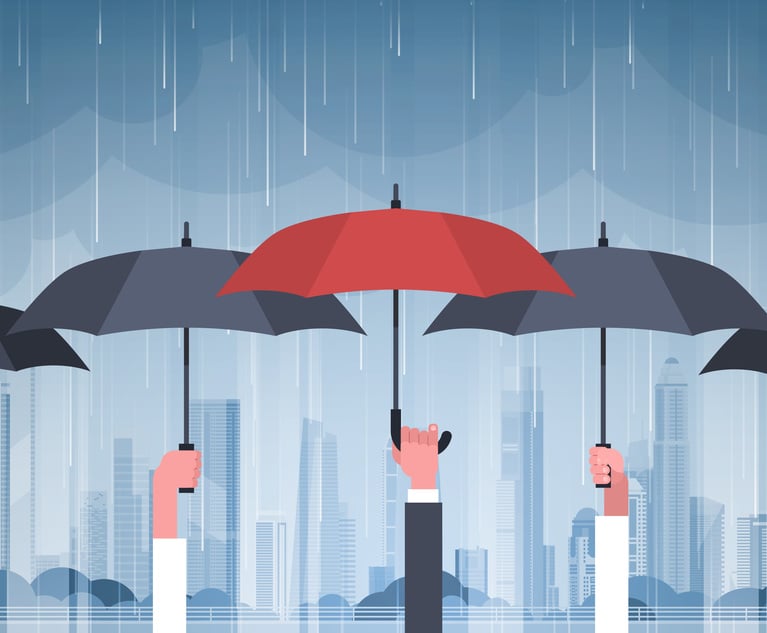Are you distracted, unfocused and absent-minded? Check, checkand check. Hey, I have the attention span of a gerbil, but I playit off by saying I'm great at multitasking. After all, there's alot of information to keep up with: Facebook, Twitter, LinkedIn,news feeds, and learning how to use the Next Big Thing. Adaptor die.
|But a recent study suggests that the nonstop flow of Internetinformation we're constantly bombarded with is actually rewiringour brains — especially in younger people — and that the resultsare both good and bad.
|“Imaginingthe Internet,” a new report by the Pew Research Center, positsthat “hyperconnected” young people growing up in today's networkedworld and counting on the Internet as their “external brain” aredeveloping a different set of skills and thought processes thanwhat we grew up with.
|On the plus side, young users are increasingly able toaccurately discern good-quality information from bad and workcollaboratively to use that information to crowd-sourcesolutions to problems.
|The downside? ”Constantly connected teens and young adultswill thirst for instant gratification and often make quick, shallowchoices.”
|The findings are based on an opt-in online survey of more than athousand research scientists, information technology experts andconsultants.
|Their predictions:
- 55 percent agreed that in 2020, the brains of multitaskingteens and young adults are “wired” differently from those over age35 because of their ability to quickly and effectively search andaccess collective intelligence on the Internet.
- 42 percent agreed that in 2020, these same users do not retaininformation; spend most of their energy sharing short socialmessages, being entertained and distriacted from “deep engagementwith people and knowledge”; and lack deep-thinking capabilities andface-to-face social skills.
Among the anecdotal predictions, participant Amber Case, a cyberanthropologist and CEO of Geoloqi, wrote, “Thehuman brain is wired to adapt to what the environment around itrequires for survival…Memories are becoming hyperlinks toinformation triggered by keywords and URLs. We are beoming”persistent paleontologists' of our own external memories, as ourbrains are storing the keywords to get back to those memories andnot the full memories themselves.”
|Heavy stuff indeed (I didn't even know there was such thing as a“cyberanthropologist”).
|But what does it mean for us?
- Scary smart consumers. This has been going onfor awhile, and the Pew study predictions bear it out: inresearching what they need, today's Internet-information-fueledyoung consumers are faster, smarter and completely immune topuffery and marketing-speak. One respondent wrote, “They willoperate at a much quicker rate in terms of decision making,analysis and methodology than my generation.”
- Less focused buyers. The other side of thecoin. Along with the good stuff, tomorrow's consumers will strugglewith increasingly short attention spans, leaving them vulnerable toimpulsive decisions. This could open doors for trusted advisors tohelp them cull through the informational static to make an informeddecision.
- Recognizing the upside of ADHD. With a growingplethora of information at their fingertips, 2020 consumers will“embrace ADHD as a tool” in cognitive ability, wrote WilliamSchrader, a consultant who founded PSINet in the 1980s.
- A need to slow down. Again, theopposite side of the embracing-ADHD coin. As instant connection andgratification become the norm, “long-form cognition and offlineconemplative time will start to be viewed as valuable and willbe re-integrated into social and work life in interesting andsurprising ways,” one respondent wrote.
Based on these reflections, perhaps the young insurance buyersof 2020 will want to gather all the facts and information theyneed online — but then will want to actually buy theirinsurance face to face from a real, live independent insuranceagent operating out of a brick-and-mortar storefront — maybe evenusing paper forms.
|How retro.
|Want to continue reading?
Become a Free PropertyCasualty360 Digital Reader
Your access to unlimited PropertyCasualty360 content isn’t changing.
Once you are an ALM digital member, you’ll receive:
- All PropertyCasualty360.com news coverage, best practices, and in-depth analysis.
- Educational webcasts, resources from industry leaders, and informative newsletters.
- Other award-winning websites including BenefitsPRO.com and ThinkAdvisor.com.
Already have an account? Sign In
© 2024 ALM Global, LLC, All Rights Reserved. Request academic re-use from www.copyright.com. All other uses, submit a request to [email protected]. For more information visit Asset & Logo Licensing.








